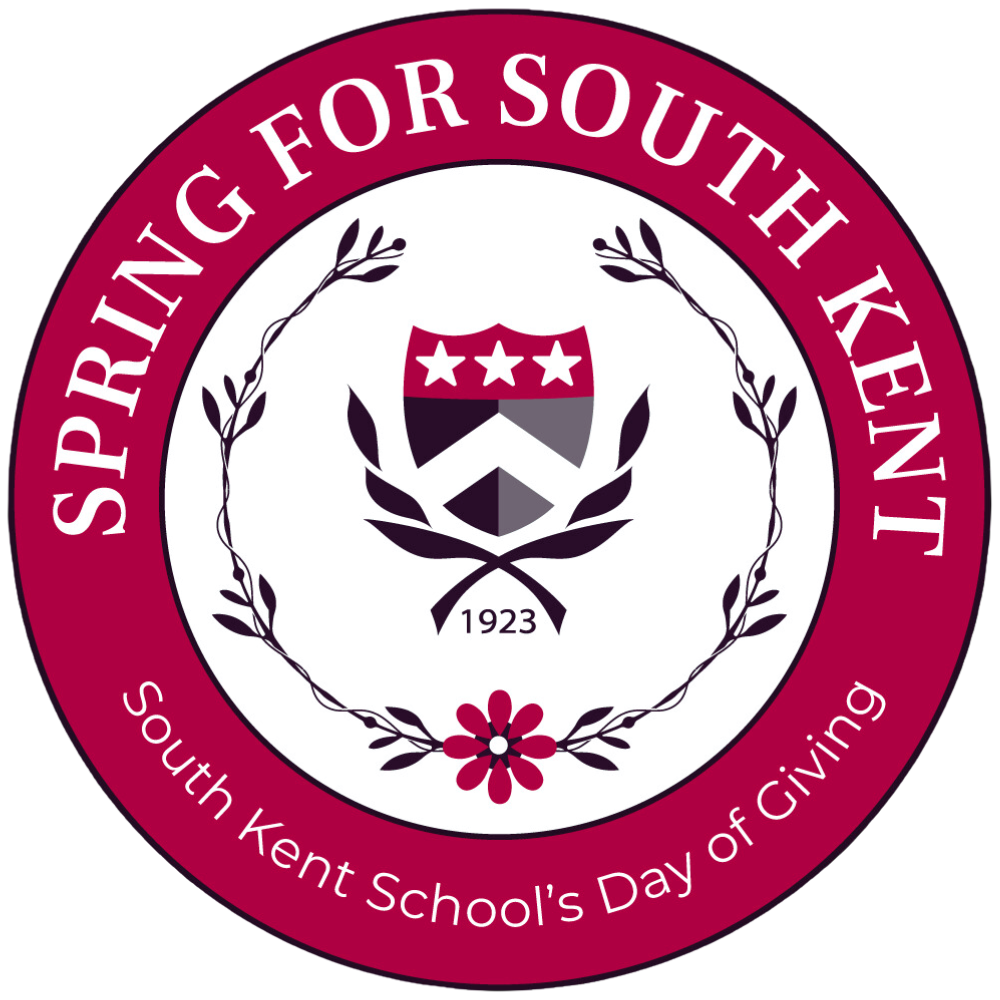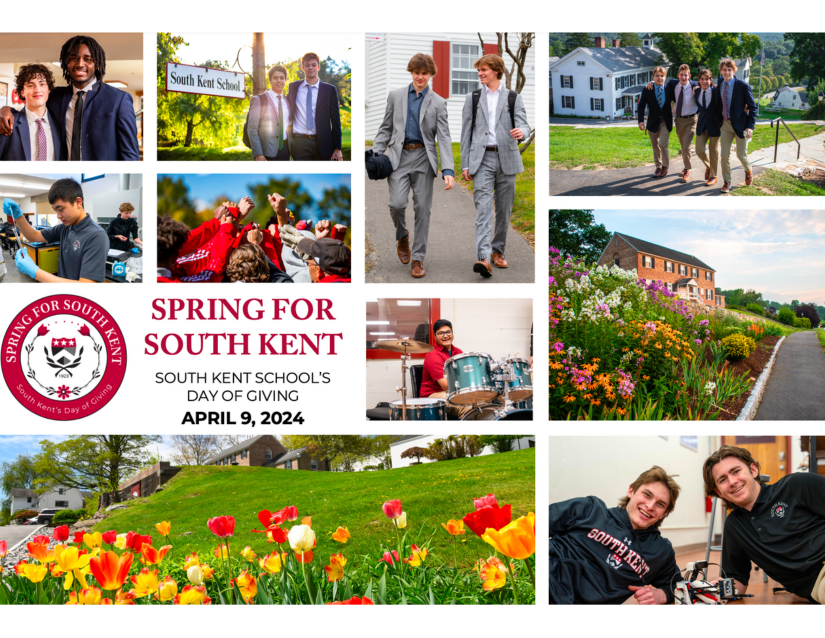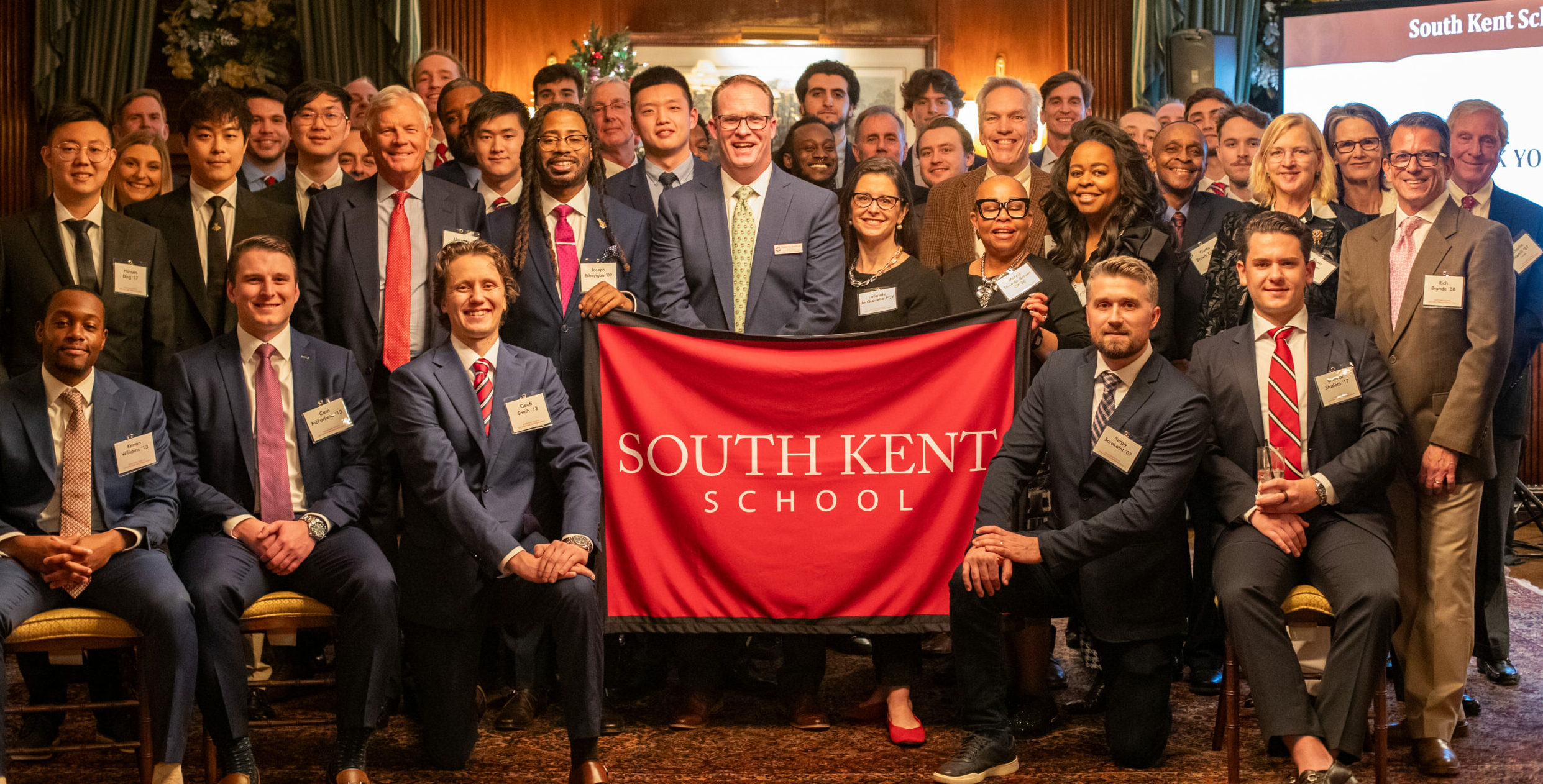Planned Giving

Planned gifts and bequests provide vital funds to strengthen and sustain South Kent School’s future, giving vitality and sustainability to our endowment and our capital and operating needs. Examples of planned gifts in this instance are naming South Kent as a beneficiary on a life insurance policy, a pension or 401(k) plan, an IRA and naming South Kent as a beneficiary within charitable remainder trusts and charitable gift annuities.
We are deeply appreciative of these individuals for their thoughtful generosity which will help to ensure the future strength of South Kent for years to come.
If you are contemplating including South Kent in your estate plans, please consult your attorney or accountant for the vehicle that best meets your needs. If you would like additional information about planned giving, please contact Carol-Ann Bruen P’04, ’06, ’09, ’11, Director of The South Kent Fund and Parent Relations, at 860-927-3539 x205 or at [email protected].
BEQUEST
Bequests are perhaps the best-known and most widely-understood planned gift arrangement. A gift made through your will is a classic and easy way to express your dedication to South Kent.
Establishing a Bequest
Bequests, life insurance, charitable gift annuities and charitable trusts are all examples of planned gifts. A planned gift may allow you to make a larger gift to South Kent than you thought possible and enjoy these potential results:
- Increased income
- Reduced income taxes
- Reduced or eliminated capital gains taxes
- Reduced or eliminated estate taxes
Examples of Planned Gifts:
- Establishing a Charitable Gift Annuity with South Kent School
- Naming South Kent as a beneficiary on a:
- Life insurance policy
- Pension, IRA, 401(k) plan
- Charitable remainder trust
TYPES OF BEQUESTS
Unrestricted: Used for general purposes, this type of bequest is especially appreciated because it can be put to immediate use in the areas of greatest need at the school.
Restricted Bequest: This is a bequest that instructs South Kent School to use the gift in a specific manner.
Both restricted and unrestricted bequests are made in the following ways:
Specific Bequest: A specific asset or collection of assets in the form of cash, securities, or other property is bequeathed to the School. You may designate an amount or a percentage of the property.
Residuary Bequest: You may bequest all or a percentage of what remains of your estate after all specific legacies have been satisfied and debts and expenses have been paid.
Contingent Bequest: If a named beneficiary is not alive when you pass away, all or a portion of your estate will go to South Kent School. This type of bequest can avoid costly litigation or prevent property from reverting to the state for lack of heirs.
Gifts of Real Estate
A primary or vacation residence or other property may be used to fund a charitable gift. Donors may choose to continue to live in a house or give a home outright. Investment property may be gifted as well.
Gifts of Life Insurance
Many people own outdated or unneeded life insurance policies. One’s circumstances may change. Consider donating an unneeded insurance policy to South Kent and receive a charitable tax deduction while you are making a special gift.
Charitable Gift Annuity
A person(s) irrevocably transfers to South Kent some cash or other property and the School agrees to pay the donor or other beneficiaries guaranteed payments for life.
Charitable Trust
A trust that is held for the benefit of South Kent School in which the principal of the gift is invested and the income is distributed to the School.
Charitable Lead Annuity Trust
A donor irrevocably transfers assets to South Kent School and the School receives income payments from the trust for a specified number of years. The trust makes a fixed-dollar payment annually to South Kent. At the end of that term, the assets of the trust return to the donor.
Charitable Lead Unitrust
South Kent School receives income payments from the trust for a specified number of years. The trust pays a fixed percentage of the market value, determined annually, to the School. At the end of that term, the assets of the trust return to the donor.
Charitable Remainder Annuity Trust
An irrevocable trust in which a donor gives cash or assets to the trust, allowing the payment of income to one or more persons for their lives or a term of years. At the end of this time, the trust’s assets are given to South Kent School. The donor receives a fixed income from the trust for the rest of his/her life. The trust assets become the property of the School upon the donor’s death or in a pre-established period.
Charitable Remainder Unitrust
An irrevocable trust in which a donor gives cash or assets to the trust, allowing the payment of income to one or more persons for their lives or a term of years. At the end of this time, the trust’s assets are given to South Kent School. The donor receives variable income from the trust for the rest of his/her life. The trust assets become the property of the School upon the donor’s death or in a pre-established period.
IRA Charitable Rollover
IRA QUALIFIED CHARITABLE CONTRIBUTIONS HAVE BEEN REINSTATED AND MADE PERMANENT!
Use your traditional IRA to make your charitable gifts.
In year-end legislation, the Consolidated Appropriations Act of 2016 finally made permanent qualified charitable distributions (QCDs) from individual retirement accounts. This allows individuals age 72 (70½ if you reach 70½ before Jan 1, 2020) to make charitable gifts directly from a traditional IRA account to charity without incurring federal income tax on the withdrawal. The IRA Charitable Rollover provides you with an excellent opportunity to make gifts during your lifetime from an asset that would be subject to multiple levels of taxation if it remained in your taxable estate.
Because Qualified Charitable Distributions Are Finally Permanent, Now’s A Good Time To Review The Rules.
To Qualify
- Only individuals who’ve attained age 72 (70½ if you reach 70½ before Jan 1, 2020) may make the gift
- Transfers must be made from any IRA or retirement annuity, directly to South Kent School, but not from a simplified employee pension, a simple retirement account or an inherited IRA.
Benefits – Qualified Charitable Distributions
- Can total up to $100,000 (SECURE Act change: The amount of your qualified charitable distribution will be reduced by the amount of any deductible contributions you make to a traditional IRA for the years in which you were age 70 1/2 or older, effective beginning with the 2020 tax year).
- Are not included in your gross income for federal income tax purposes on your IRS Form 1040 (however, no charitable deduction is available)
- Count towards your minimum required distribution for the year from your IRA
- Gifts must be outright. Distribution to donor-advised funds or life-income arrangements – such as charitable remainder trusts and charitable gift annuities are not allowed.
To Make the Contribution
To make a contribution, contact the intended charity to determine the exact payee name for the check. Then, using that name, instruct your IRA trustee or custodian to make a transfer from the IRA directly to charity. Many trustees and custodians already have forms and procedures in place to make this transfer. It won’t qualify if the trustee or custodian makes the mistake of putting IRA money in a non-IRA account of yours as an intermediate step. It won’t qualify if the check is made out to you. The law doesn’t provide a way to correct mistakes. The Internal Revenue Service has said that a check from an IRA may be made payable to a charitable organization described in section 408(d)(8) and delivered by the IRA owner to the charitable organization.
News
NEWS FROM THE HILLSIDE

 Click here for Glossary of Terms
Click here for Glossary of Terms




